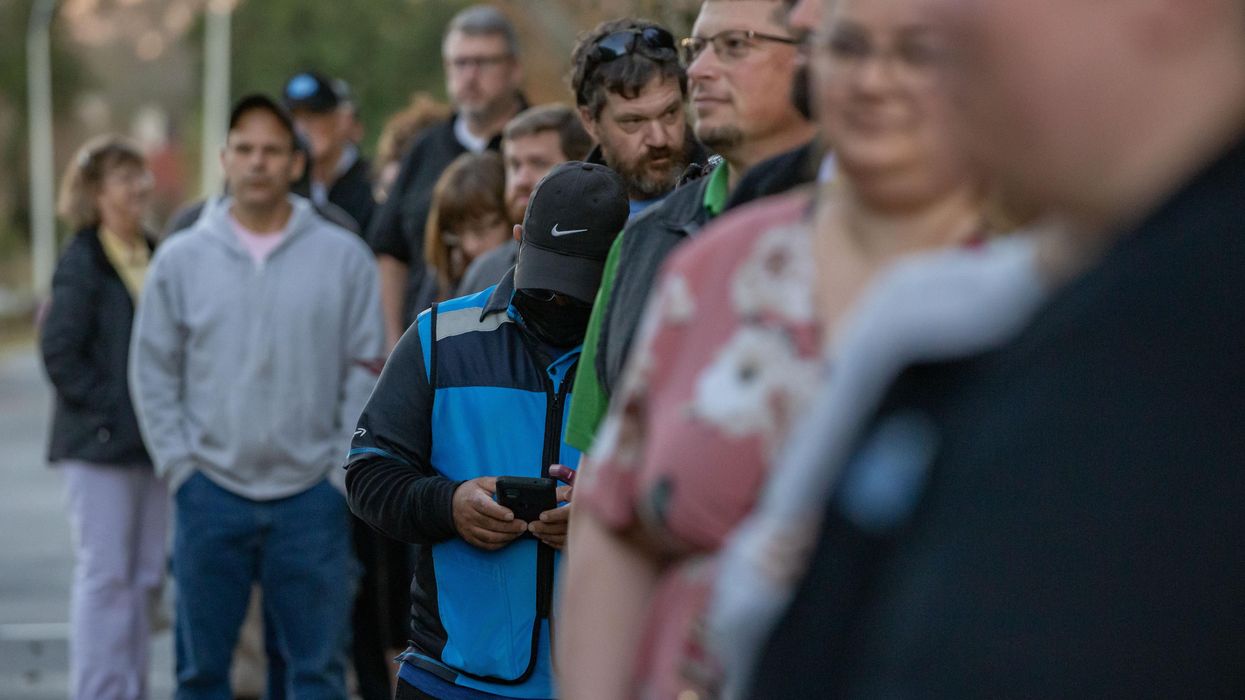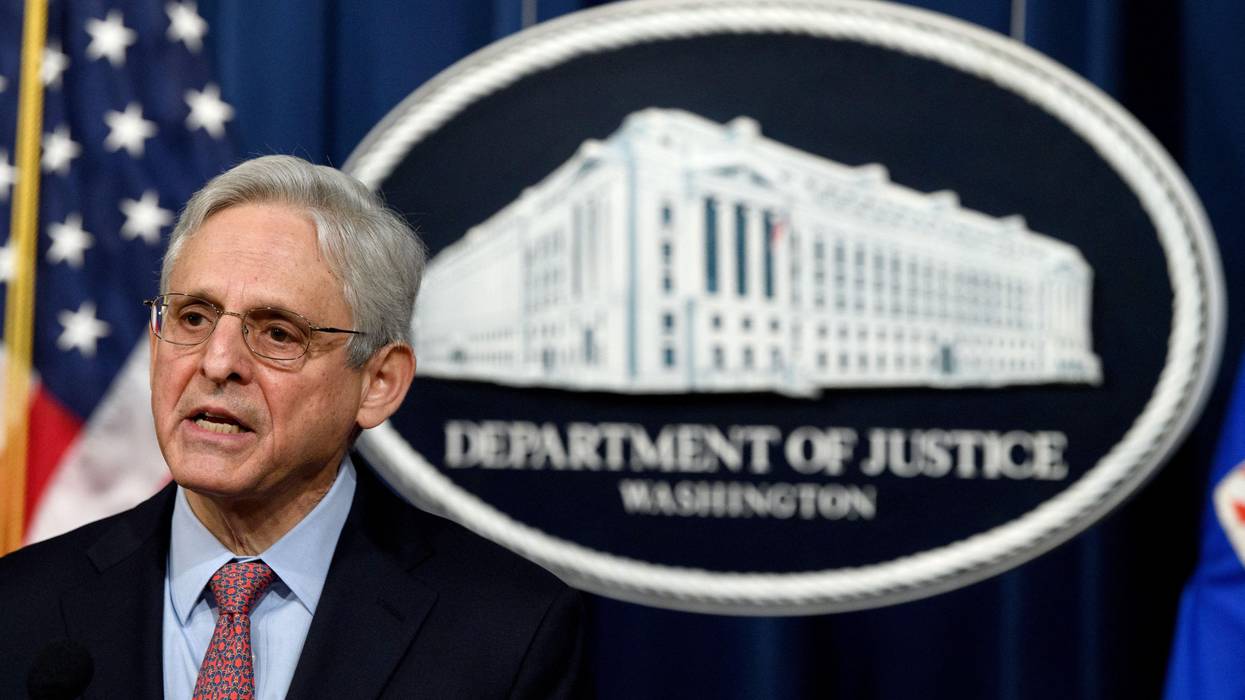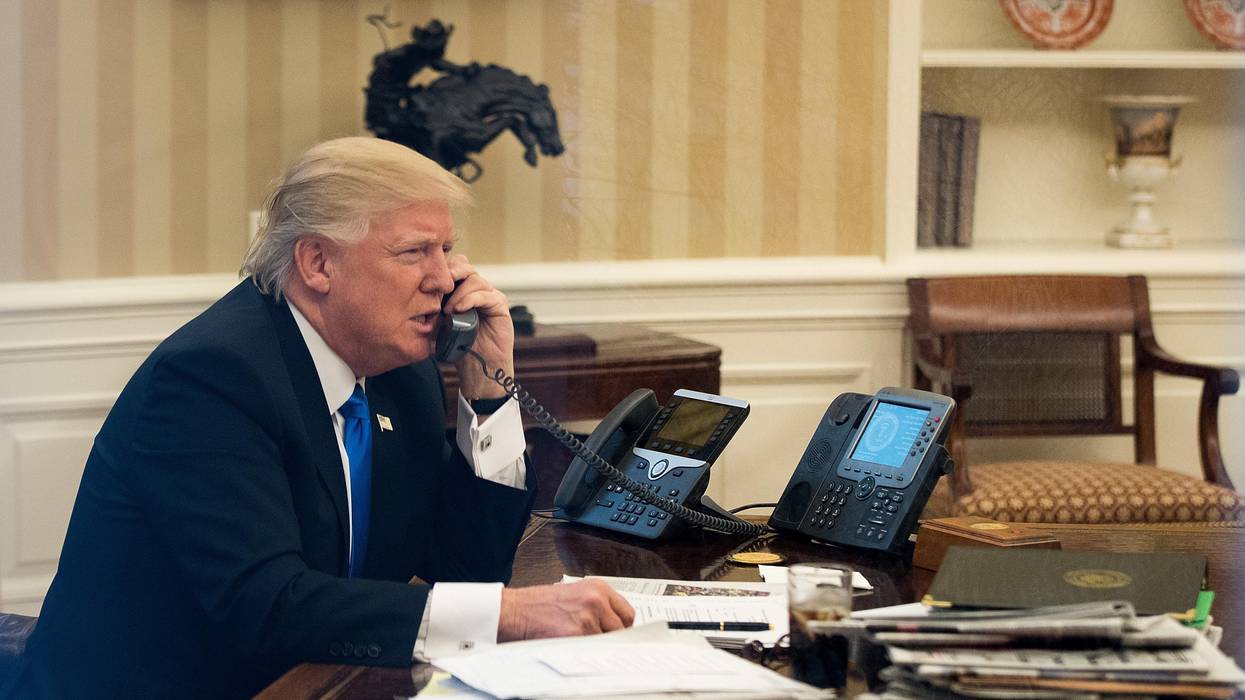Reverends to Democrats: 'Invest in a Strong Economic Message'
Midterm results across the country reveals that the heart of the Democrat's strength--and their greatest potential to grow a governing majority--lies in uniting people around an economy that works for all of us.
When pollsters said voters were energized to elect Republicans in the midterm elections, they were not wrong. Turnout for Republican candidates surpassed 2018 numbers in states across the country. But in more places than almost anyone predicted, Americans were even more motivated to elect Democrats, who held onto dozens of House seats that were considered vulnerable and flipped an open US Senate seat in Pennsylvania.
Democrats won by a landslide among those who've felt the impact of inflation most acutely.
The coalition that elected Biden and Democrat majorities in the House and Senate in 2020 remained resilient, united by more than a disdain for the twice-impeached Trump. But a closer look at midterm results across the country reveals that the heart of the Democrat's strength--and their greatest potential to grow a governing majority--lies in uniting people around an economy that works for all of us.
Without doubt, defending democracy and a Constitutional right to privacy and choice for women were strong motivating factors for Democratic voters. Many Democrats who held onto House seats could not have won without an increase in turn-out among voters under 30, who favored Democrats by 28 points, and reported abortion rights as a strong motivating factor. But another low-propensity voter demographic--people who earn less than $30,000 a year--also favored Democrats by 12 points. In an election cycle where Republicans tried to blame inflation on the Democratic President and run on "the economy," Democrats won by a landslide among those who've felt the impact of inflation most acutely.
According to research conducted by the Poor People's Campaign after the 2020 election, these poor and low-income voters are the sleeping giant in American politics. Their participation in elections has consistently been 20 percentage points lower than their wealthier neighbors, leaving lots of room to grow the base for Democrats among a demographic they already win. When asked, the number one reason poor and low-income people who have not voted give for sitting out elections is that no politicians are speaking directly to their issues.
But some issues that directly impact poor and low-income people were on the ballot this year. In South Dakota, where Democrats haven't invested much in base-building for decades--a ballot measure to expand Medicaid to uninsured low-income people passed. And 58% of Nebraskans voted to raise the minimum wage in a state where all three Congressional seats were won by Republicans.
If living wages and access to healthcare are winning issues in South Dakota and Nebraska, they can become winning issues anywhere, encouraging poor and low-income people to turnout alongside allies who understand that all of us do better when all of us do better. In our home state of North Carolina, The Poor People's Campaign, used targeted data to reach out to 700,000 low propensity voters in key Congressional districts. This was not partisan outreach, but it helped Democrats pick up two Congressional seats in a Southern state. If you pay attention to places where Democratic candidates outperformed Biden's results from 2020--places like Pennsylvania and Ohio--Senate candidates John Fetterman and Tim Ryan were at the top of the ticket, emphasizing the economic message and taking it to the people in every part of their state--from the hood to the holler, as some organizers in Appalachia like to say.
Democrats have plenty of reasons to feel good about this week's election results, even if they lose control of the House. But achieving the kind of systemic change that's needed to build an economy that works for everyone will require a governing majority. That is only possible if Democrats build on the lessons learned in this cycle and invest in a strong economic message that can unite a cross section of Americans and inspire poor and low-income people to vote for candidates who see them. Such a commitment would not lead to greater partisanship, but would likely persuade some Republicans in places like South Dakota and Nebraska to support bi-partisan legislation that reflects the will of the voters who sent them to Washington. The choice isn't democracy and Constitutional rights or the economy, but rather a fight for democracy and basic rights that centers an economy where all of us can thrive.


